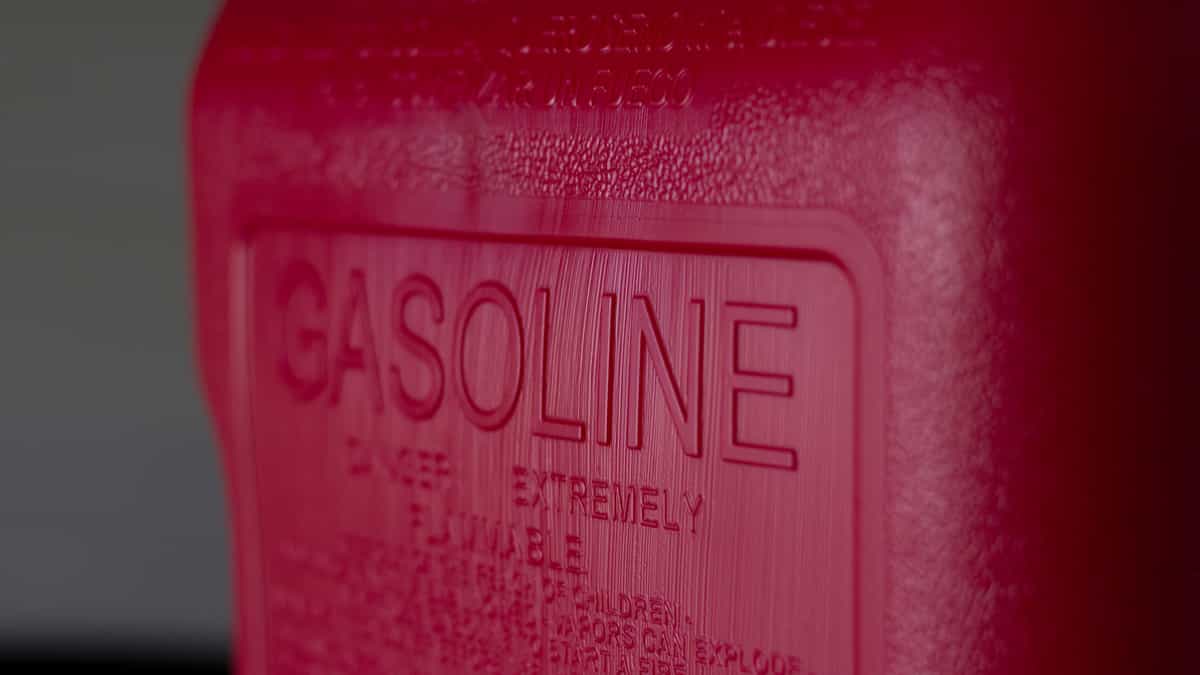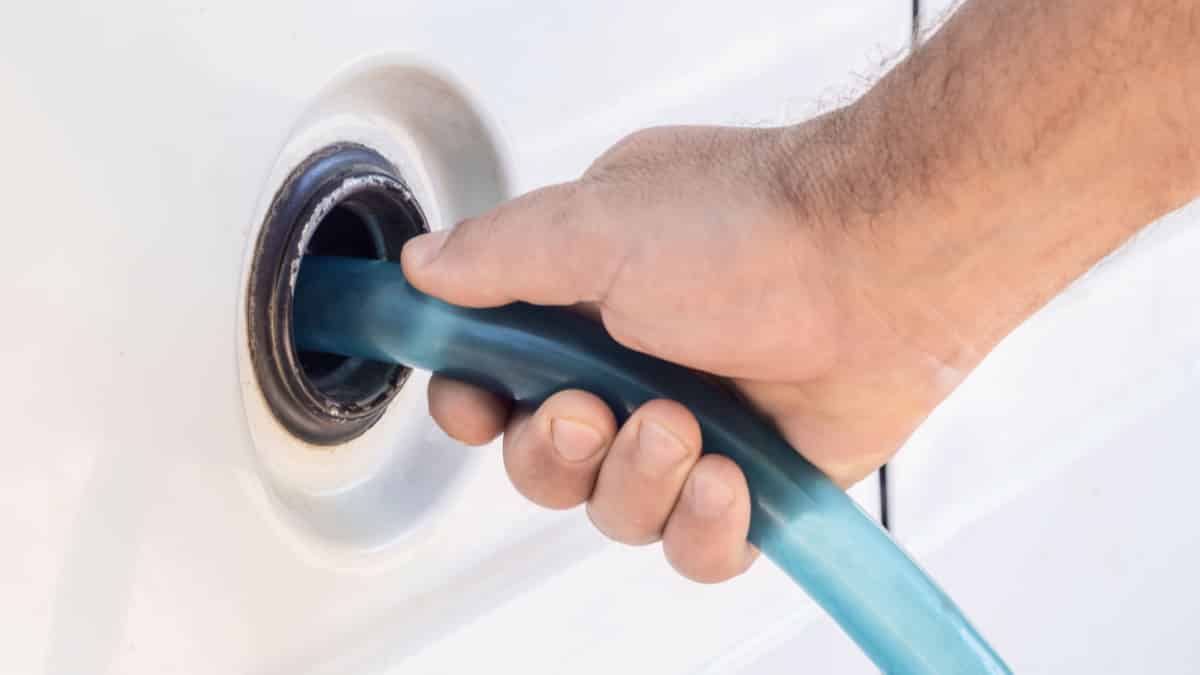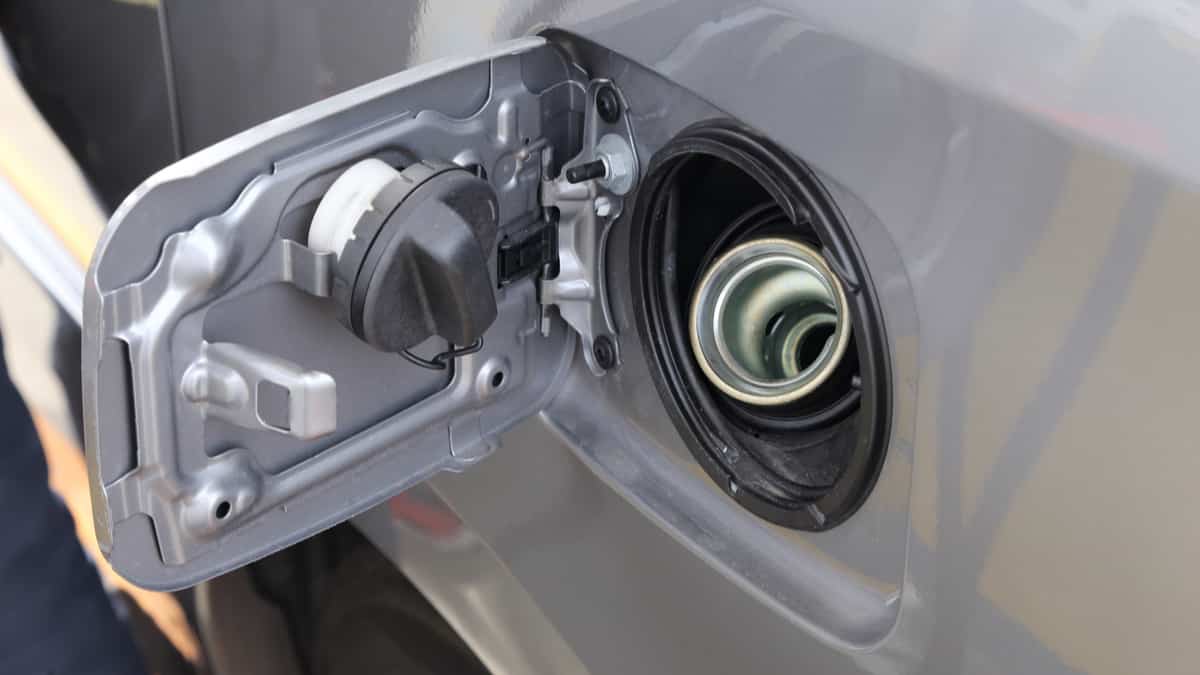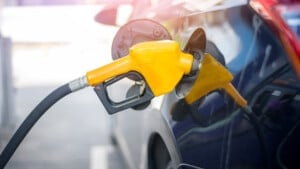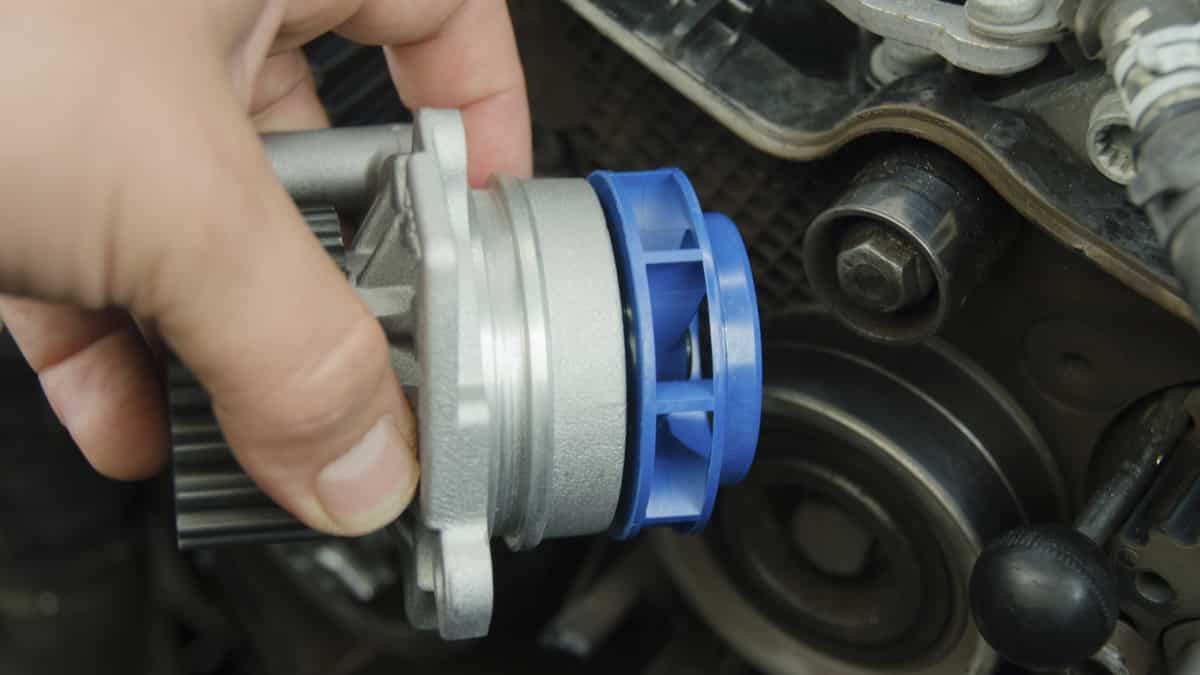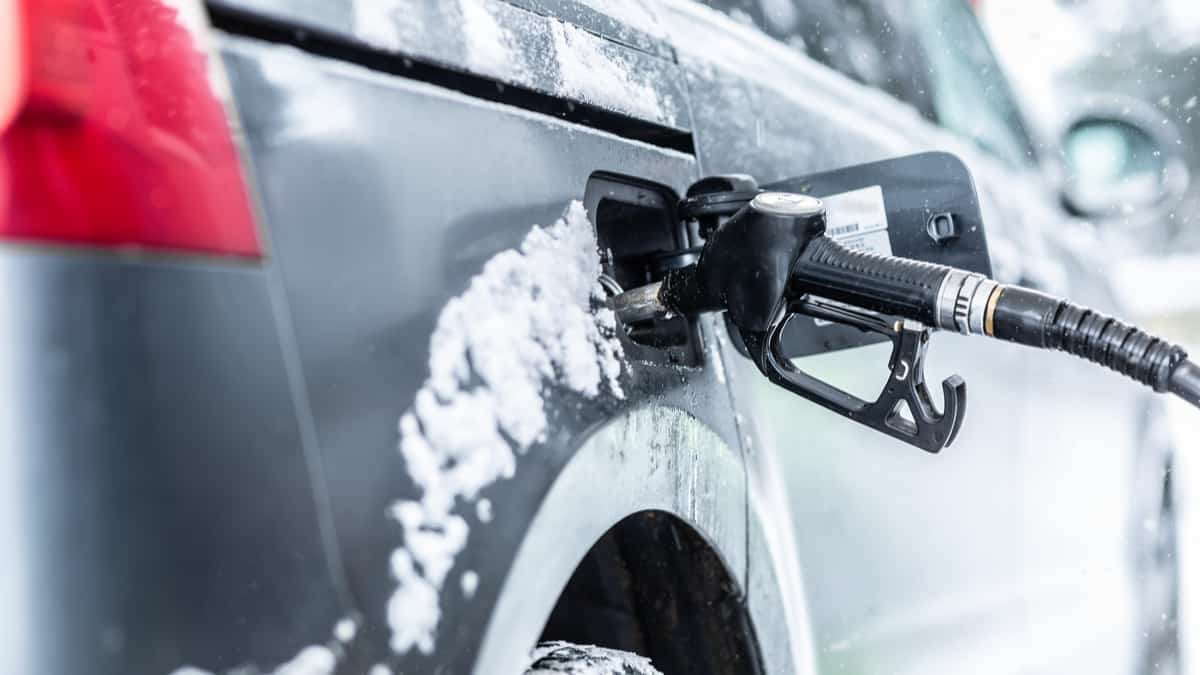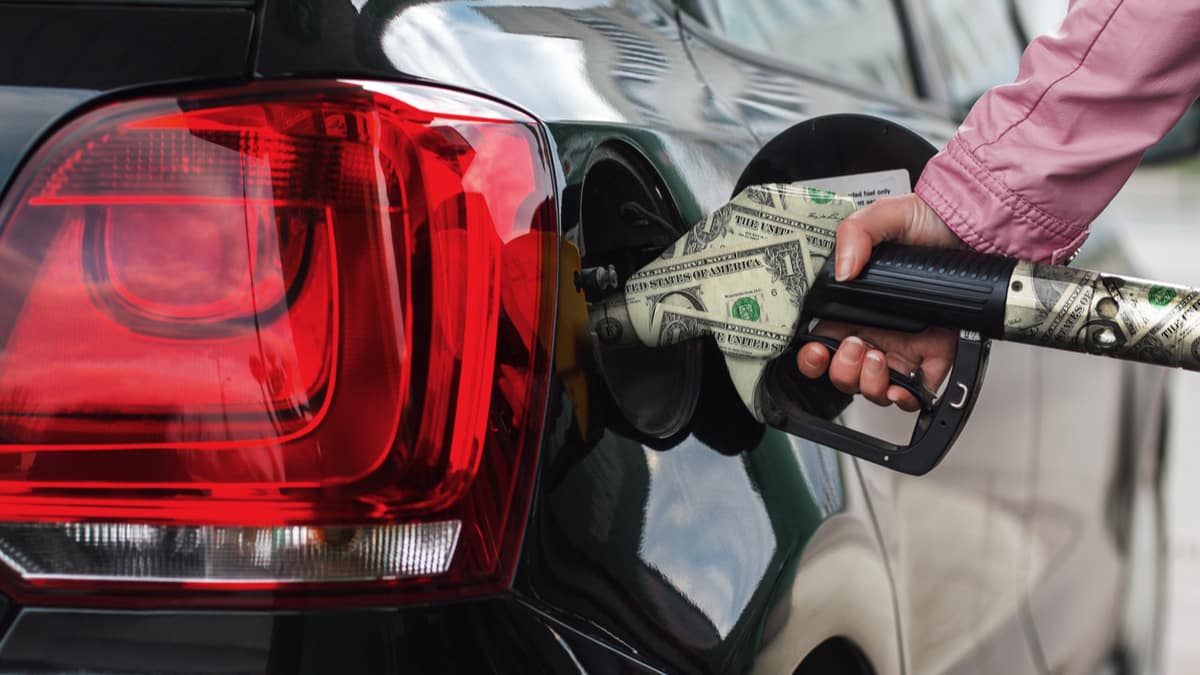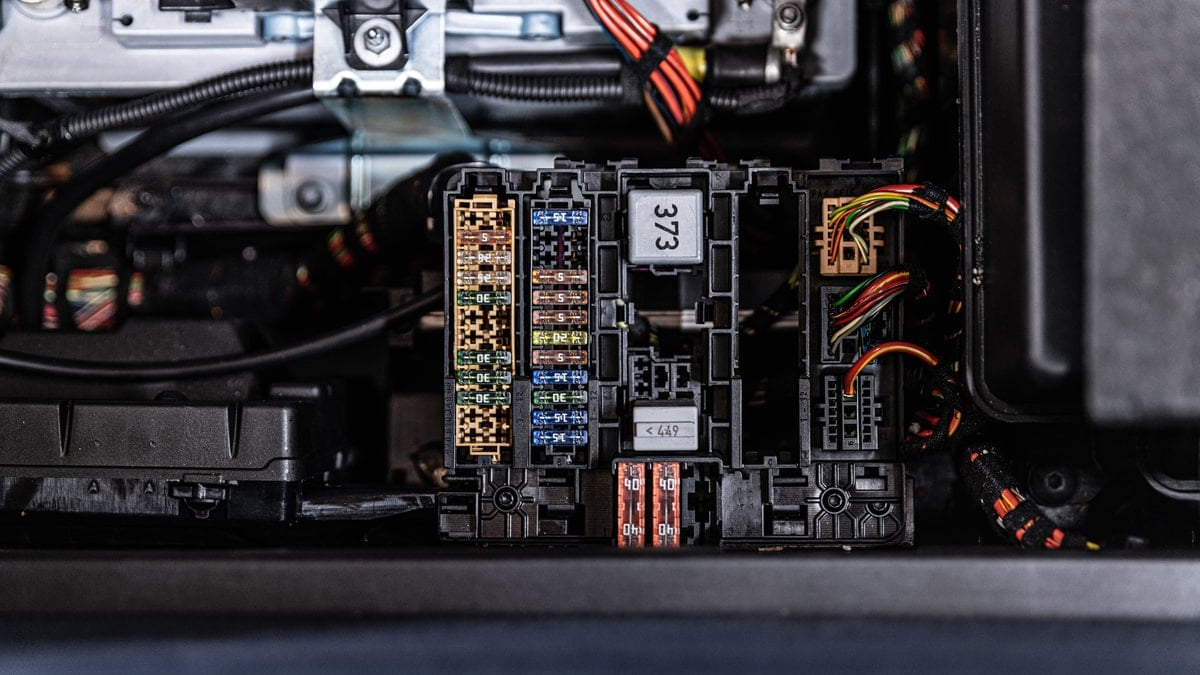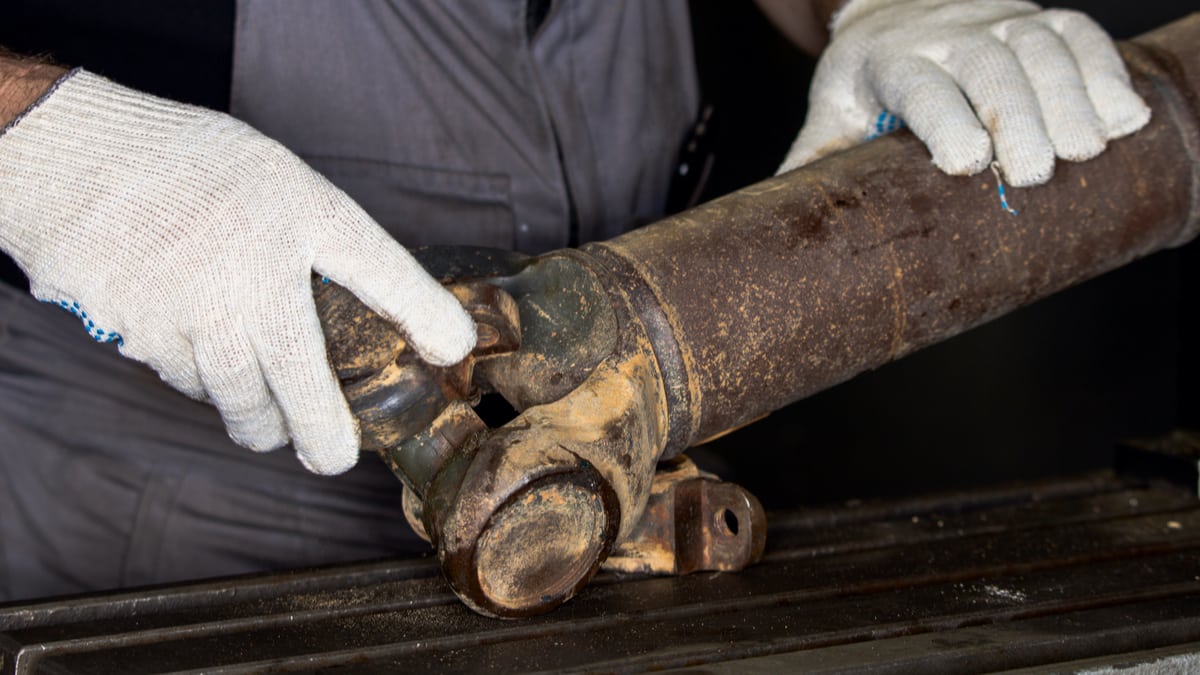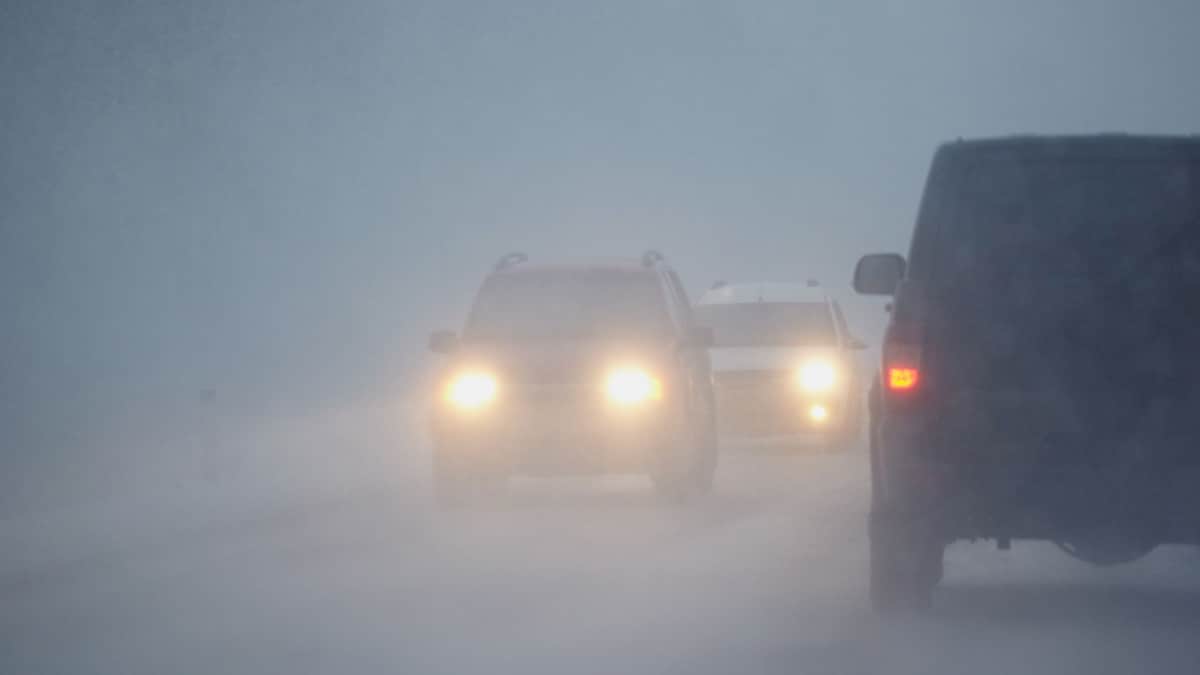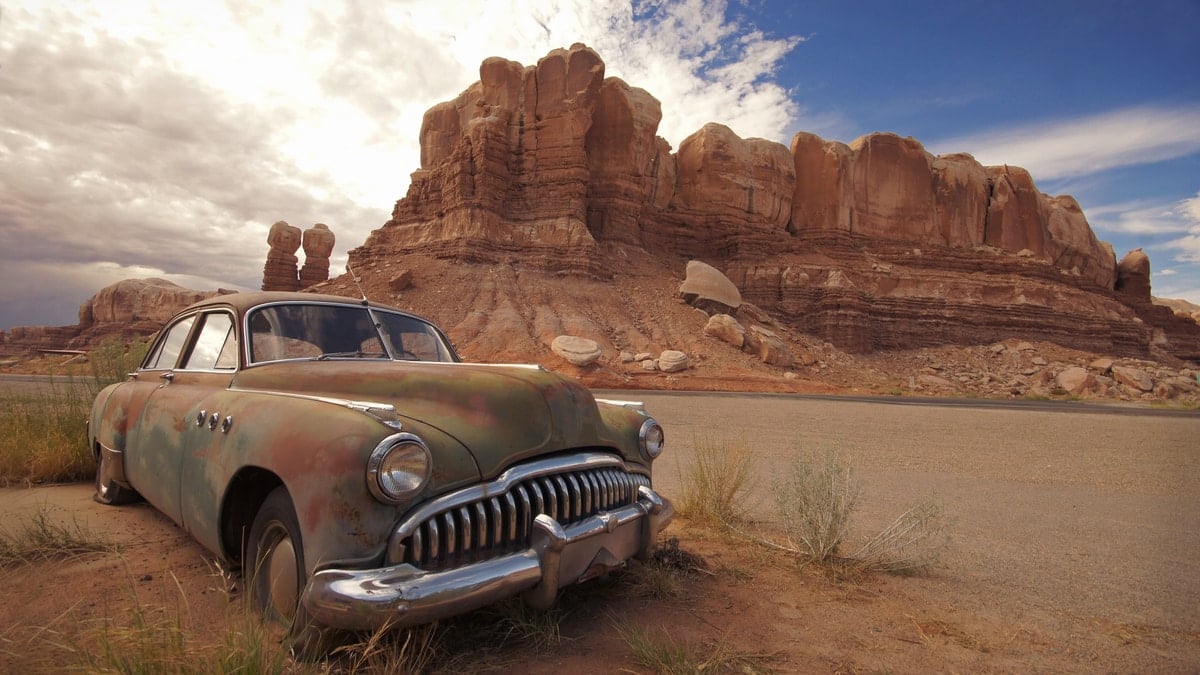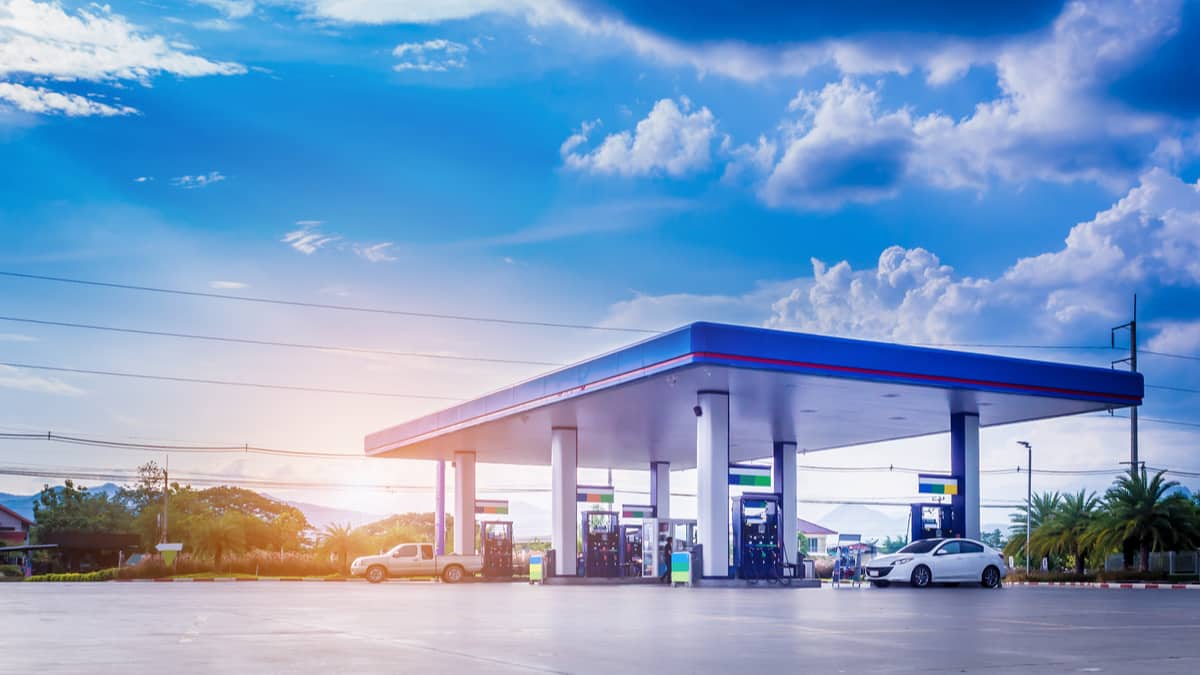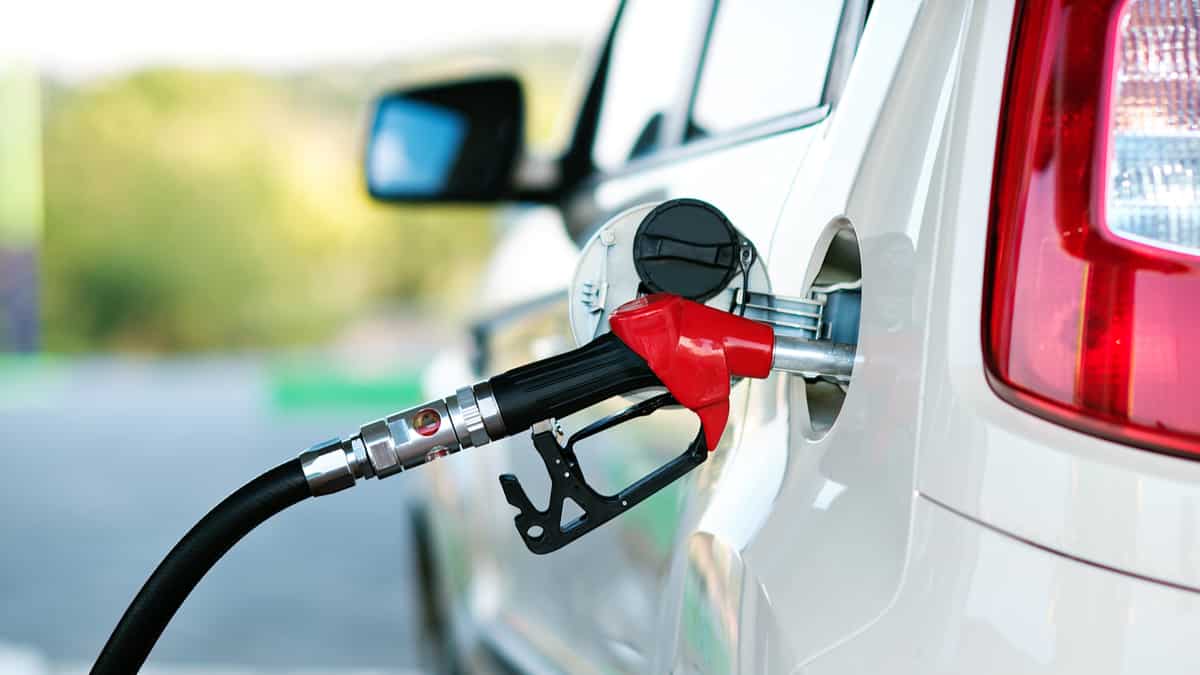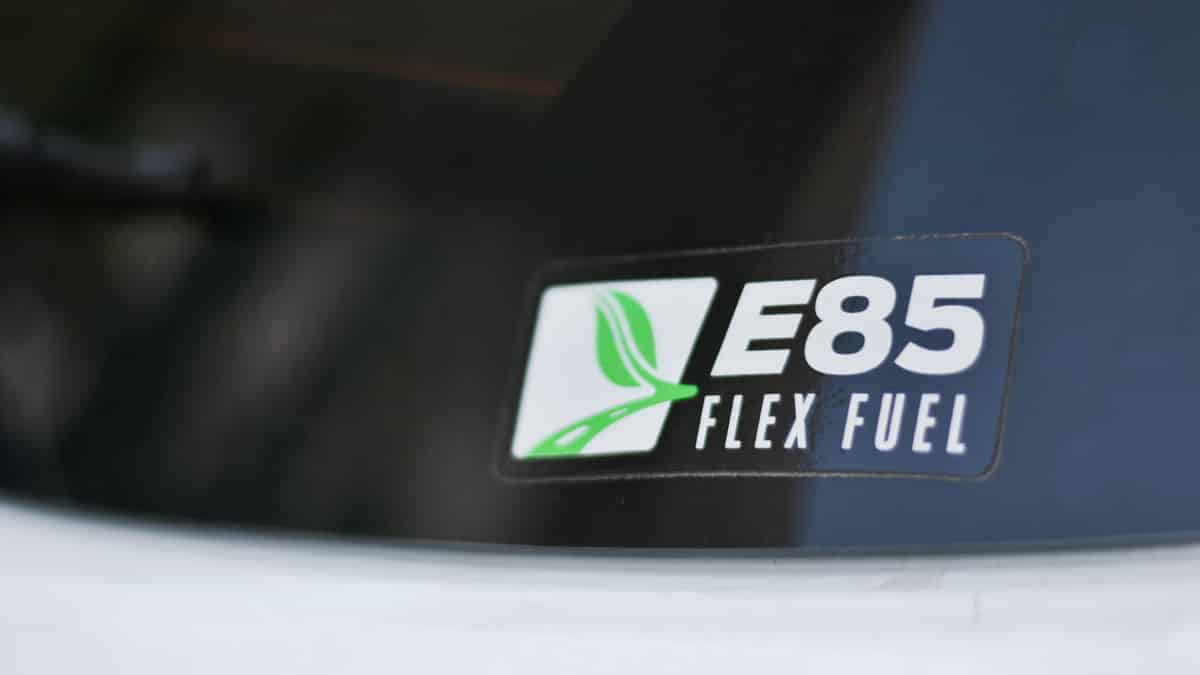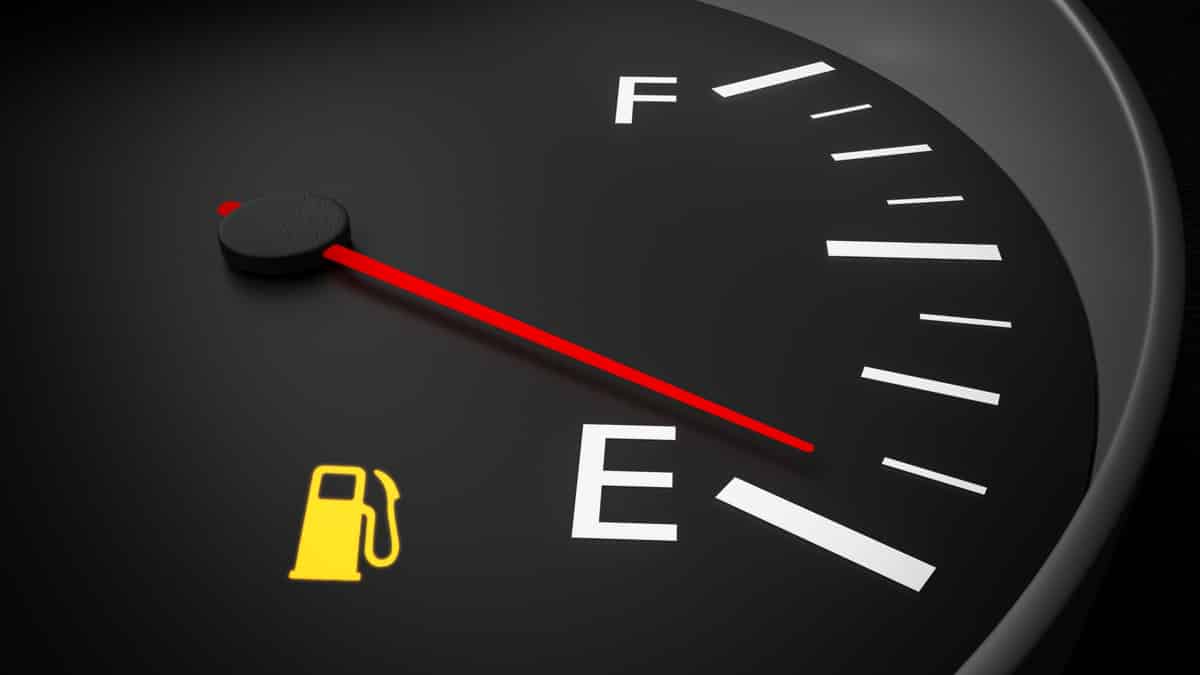Gasoline doesn’t come with an expiration date like milk does. Therefore, it can be difficult to know how long the fuel will last.
Still, gasoline gets old pretty quickly, and age will definitely reduce its efficiency. How fast and how long can you store it in the car’s fuel tank or in a container?
In this article, I look at how long gasoline lasts. I also evaluate ways to keep gas fresher for longer. Let’s dive right into it!
How Long Will Gasoline Last?
On average, gasoline will last and can be stored for about 8 months in a sealed container and 3 to 6 months in your car’s tank. Diesel fuel is rated for twice the amount of time, ranging anywhere from 6 to 12 months in the tank.
ExxonMobil suggests that you can keep gasoline in a sealed container for about six months. Allowing gasoline to sit longer than that can allow oxidization and degradation, which causes the fuel to lose combustibility.
The company also suggests gasoline should be used in a vehicle within a month of pumping it. However, most gasoline will last between three to five months in the fuel tank. If you have a diesel engine, you can expect the fuel to last between six and twelve months in the right conditions.
The biggest struggle is figuring out how old the gas is when you pump it. It could have been sitting at that fuel station for a month. You also have no way of telling how long it was at the refinery in storage before it was transported to the fuel station.
How to Tell if Gas is Bad
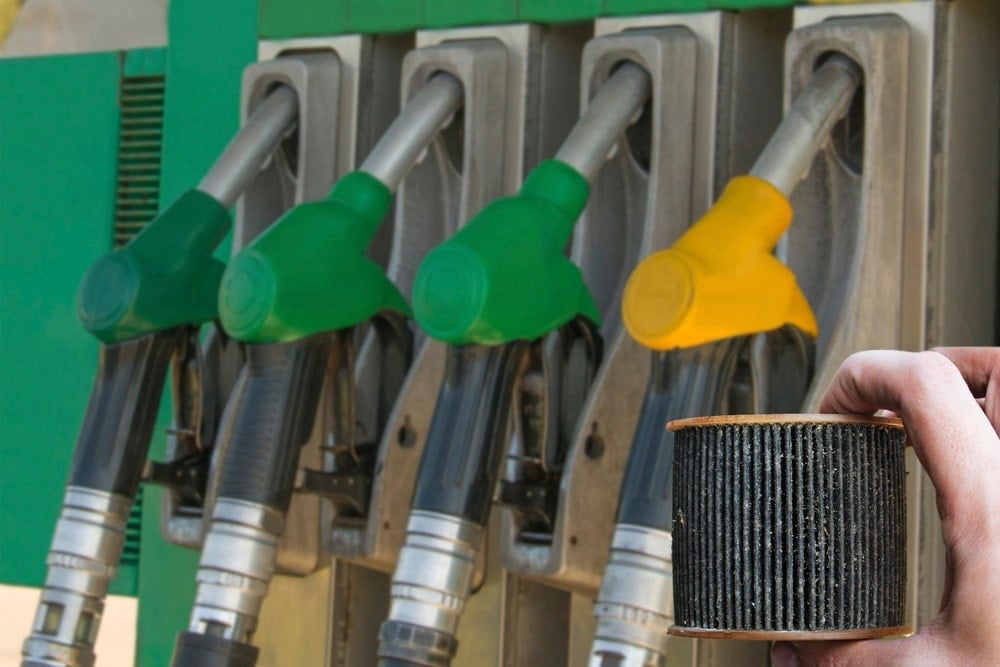
Fuel kept in a container is simple to diagnose. The appearance changes as the gas ages. If the gasoline looks darker than normal or exhibits a sour odor, it is time to dispose of it.
Gas in the engine is more difficult to see. However, you can tell when the gas is old simply by how the vehicle runs. When gas ages, the properties and composition change. The engine has a harder time processing this fuel, so you will notice a rougher idle and stalling during acceleration. You might also have trouble getting the engine started at all.
In some cases, the Check Engine Light can come on. To repair the problem, you will need to have the gasoline removed from the vehicle before it creates catastrophic damage to the motor. It can also lead to blockage in the fuel system. Furthermore, ethanol fuel can add more water vapor, leading to corrosion when left sitting.
Steps to Prevent Fuel From Going Bad
1. Only Buy What You Need
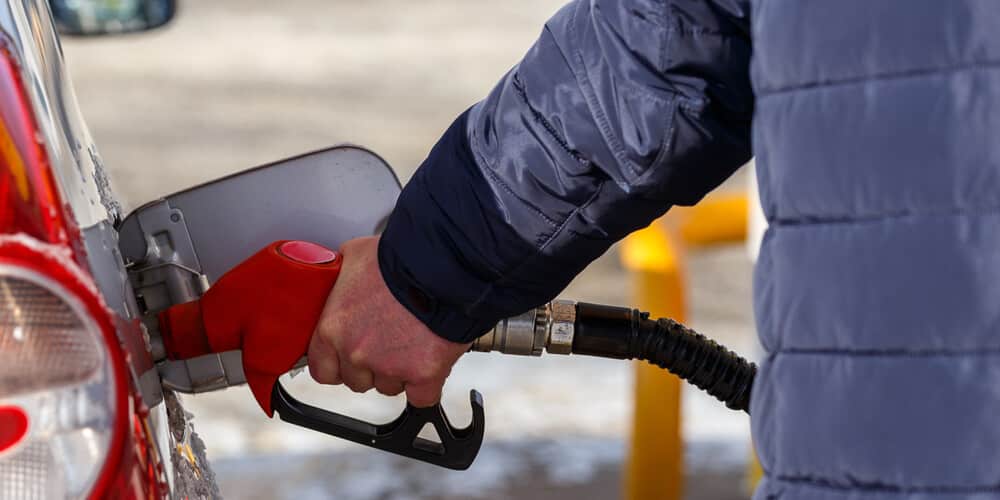
If you aren’t going to use a full tank of fuel, it doesn’t make sense to buy it. However, a full tank does help reduce the amount of water condensation in the tank, allowing it to last longer.
The best way to handle your trip to the gas station is to get a full tank when you go. Allow the tank to run down between a quarter and half tank before stopping again. Additionally, it’s not wise to top off the tank, because this action can cause damage to the vapor recovery system.
2. Go to Popular Stations
While you don’t want to wait in long lines at the gas station, it’s helpful to choose one that is busy. By going to a gas station that has a regular flow of customers, you know that the fuel is constantly new.
If you want to save yourself some time, visit these stations at the off hours. You still gain the benefit of fresh gas without the long lines.
You can check out these gas stations for the best quality gas.
3. Secure the Gas Cap
Your car’s gas cap is required to keep contaminants and water out of the fuel. If the gas cap is cracked or missing, you are leaving the fuel system unprotected.
Additionally, a bad gas cap can cause the Check Engine Light to come on. Thankfully, buying a gas cap doesn’t cost more than a few dollars, and it’s a simple fix.
4. Add a Fuel Stabilizer
If you plan to put your car in storage, you will want to use a high-quality fuel stabilizer in the tank. These additives might also be helpful if the fuel is starting to go bad.
To use a stabilizer, fill the gas tank and empty the contents on top. Drive your vehicle for about ten minutes before storing it, ensuring it circulates through the system. With the right stabilizer, you can prolong the life of the gasoline up to a year.
How to Dispose of Old Gas
It’s important to consult with your local hazardous waste disposal center or a government agency to determine where the used gas should go. When you transport your gasoline to the appropriate facility, make sure you take it in an approved and labeled container.
Do not dump gasoline on the ground or down a drain. It should also not be placed in your garbage containers. By disposing of gasoline incorrectly, you could cause a fire or contaminate the groundwater.
Categories: General
